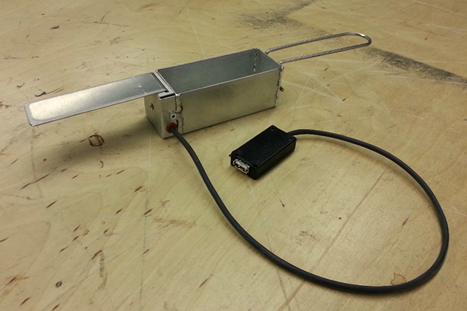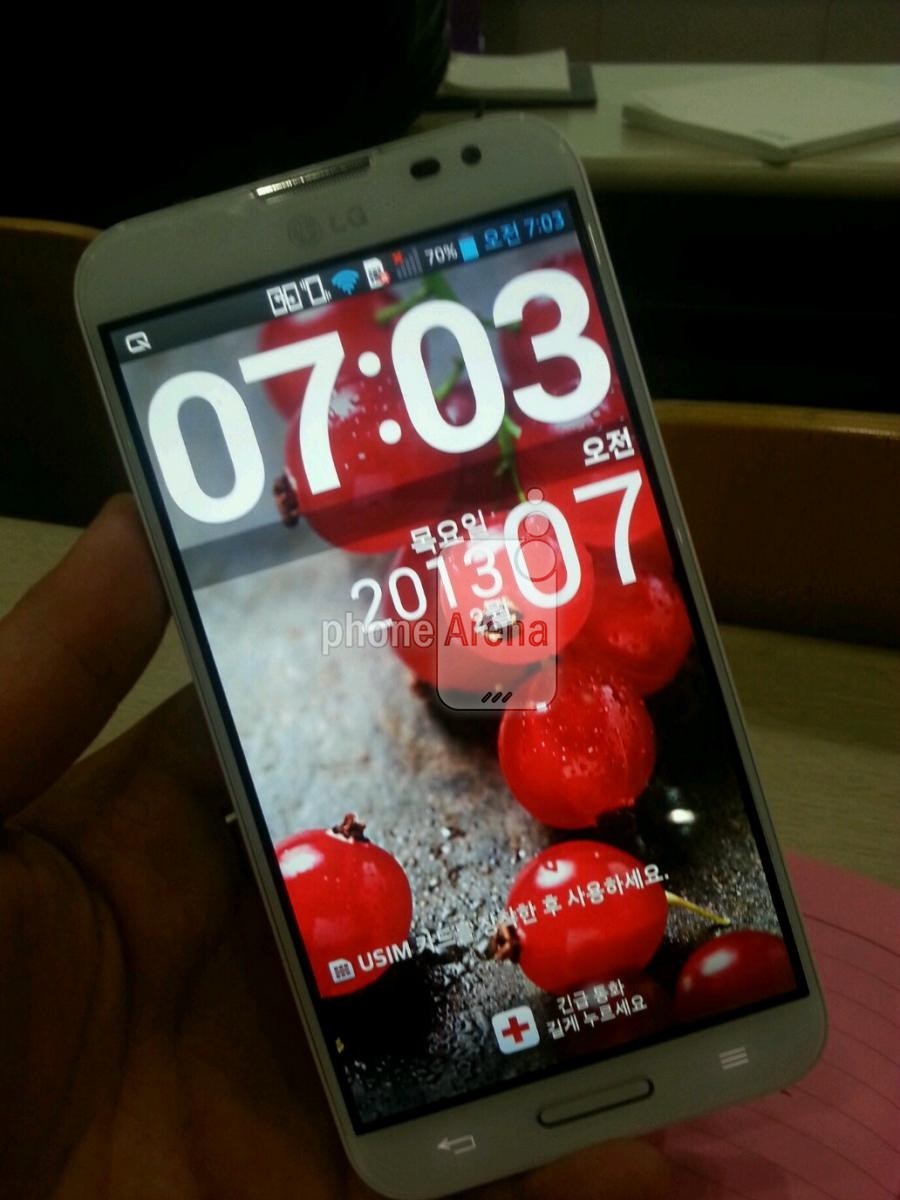
Two Kenyan entrepreneurs, Jeff Wanjohi and James Njenga have developed Chaja, a micropower charger for phones, tablets, flashlights in a move set to end power woes for people living in off-grid regions in East Africa.
Wanjohi told TechMoran,” It’s been a while since I went upcountry, so I just packed my smartphone and left. But because I was using data, browsing the internet for news and streaming music, my phone battery didn’t last long. The nearby market had a mobile phone charging kiosk but was so full that my phone had to ‘queue’ overnight to be charged.”
“I was so disturbed. I was offline, I couldn’t make or receive calls, couldn’t check mails or social media using my phone. These horrible experiences inspired me to think of a solution,” he added.
Developed in January 2013 after their harrowing experience during their December holidays upcountry, Chaja is a pan-like gadget which continuously generates power on demand as one cooks. The thermoelectric generator is smaller than a brick, comes in a box-like design made of steel. The ‘box’ holds water which when boiled produces slightly over 5 volts (3.5 watts). The box has copper wires transmitting current from the boiling water to charge a mobile phone or device. Externally it has an a steel arm insulated with heavy duty plastic arm as a handle, though the team is looking at replacing it with wood.
Armed with his Political Science degree from the University of Nairobi he came back to the city and deeply began his research. Fortunately, he met his friend and former campus mate, James Njenga who shared his frustrations with his mobile devices upcountry too. With his Electrical Engineering background and Wanjohi’s research skills they began working on a solution.
Their prototype can charge up to six mobile phones or devices.
Chaja costs Ksh 1500 but the duo told TechMoran that there newer version of Chaja will use wood and some other easily available materials to make it cheaper and affordable for the mass-market.
Chaja is bootstrapped and is in talks with several organizations to work with. The team is incubated at Nairobi’s The GrowthHub, a social entrepreneurship hub launched last year.


